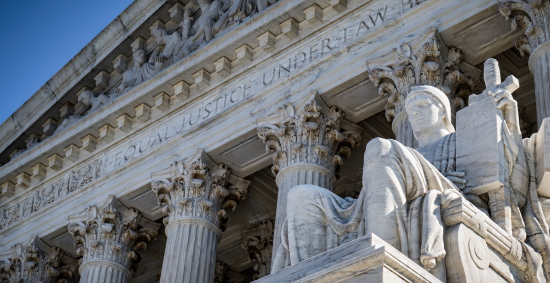The Federal Trade Commission’s (“FTC”) Endorsement Guides have evolved over the past forty years from regulating celebrity endorsements and testimonial advertisements to policing social media advertising, including influencer endorsements and native advertising. On February 12, 2020, the FTC announced that it had voted 5‑0 to approve a proposed Federal Register Notice, seeking comment on whether to make changes to its Guides Concerning the Use of Endorsements and Testimonials in Advertising (“the Endorsement Guides”), which were enacted in 1980[1] and amended in 2009,[2] as part of a systematic review of all current FTC rules and practices. The Endorsement Guides have steadfastly required transparency in advertising and, if there is a connection between an endorser and the company selling the product or services being advertised or promoted which, if disclosed, might affect the weight or credibility of the endorsement, such connection must be disclosed clearly and conspicuously.




